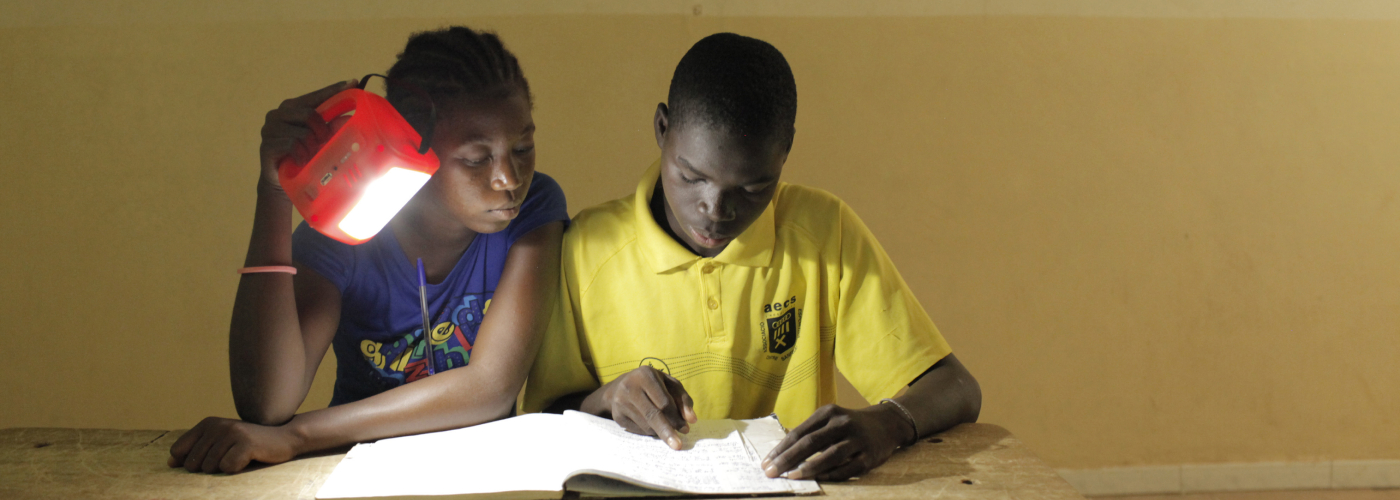Despite urbanisation, most people in developing countries still live in rural areas and will continue to do so for the foreseeable future. Agricultural production is the basis of rural economies, but other rural industries such as fish smoking, beer brewing, production of simple agricultural tools, and tea and coffee drying also provide essential livelihoods in most rural areas. Many of the activities are carried out in, or close to, the household by women. The author argues that, since household energy plays a large role in women’s work, one of the most effective ways of supporting rural development is by integrating household energy activities into all types of rural development programmes. This article sets out the benefits and limitations of this approach, drawing on practical experiences in development projects in East and West Africa.







